Transfiguration Brotherhood held the 18th Meeting of the Lord Convention Near Moscow
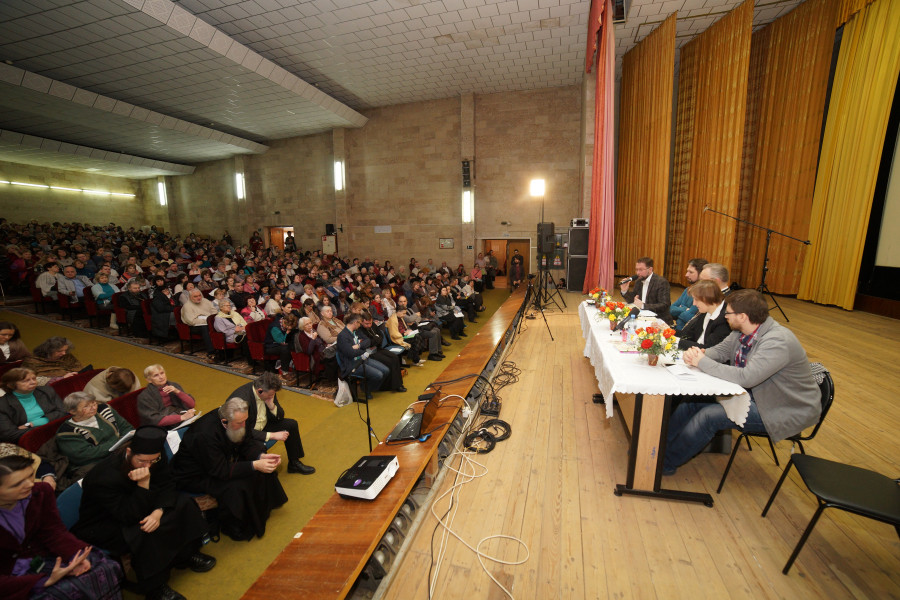
The main discussion focused on two issues that turned out to be fundamentally connected. On the first day, participants talked about the challenges and crises one encounters when living within a community, about the community's potential and its typically modern characteristics. The focus of the second day meetings was the National Repentance Initiative by the Transfiguration Brotherhood aimed at marking the centenary of the 1917 tragedy.
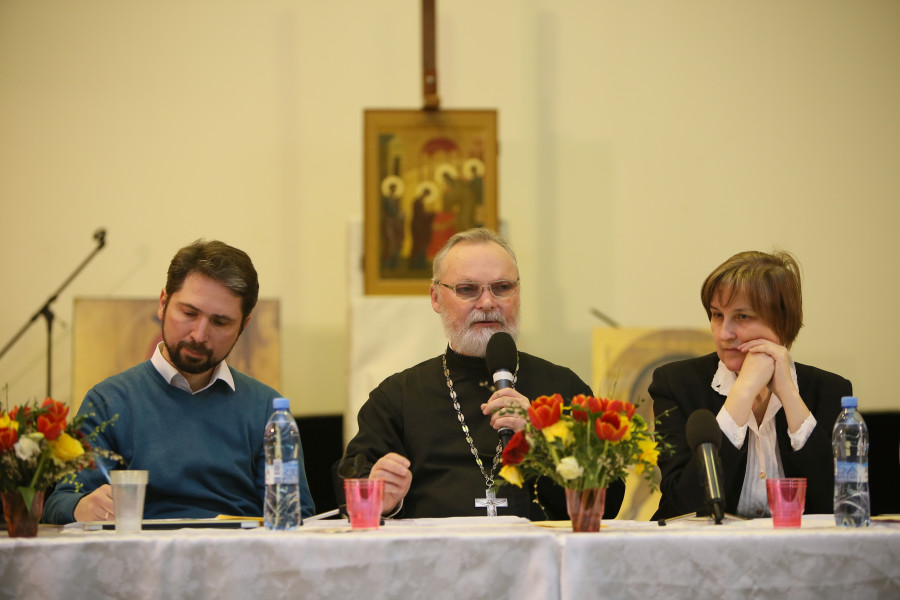
Some communities within the Transfiguration Brotherhood were founded 15 and 20 years ago. The very first Transfiguration Brotherhood community will mark its 30th anniversary next year. Olga-Olesya Sidorova, Chairperson of the Voskresenskoye Minor Orthodox Brotherhood, presented an overview of how the understanding of community life evolved over the years. Further, she outlined the new and deeper aspects of meaning that had become progressively attributable to the community life principles proposed by Georgy Kochetkov, Transfiguration Brotherhood's founder and spiritual father, in 1978*, ten years before the first community came into existence. The birth of the first community was a manifestation of faith in the church; the birth of each new community where people establish personal and authentic relationships characterised by depth and mutual responsibility is always an effort towards building up the church.
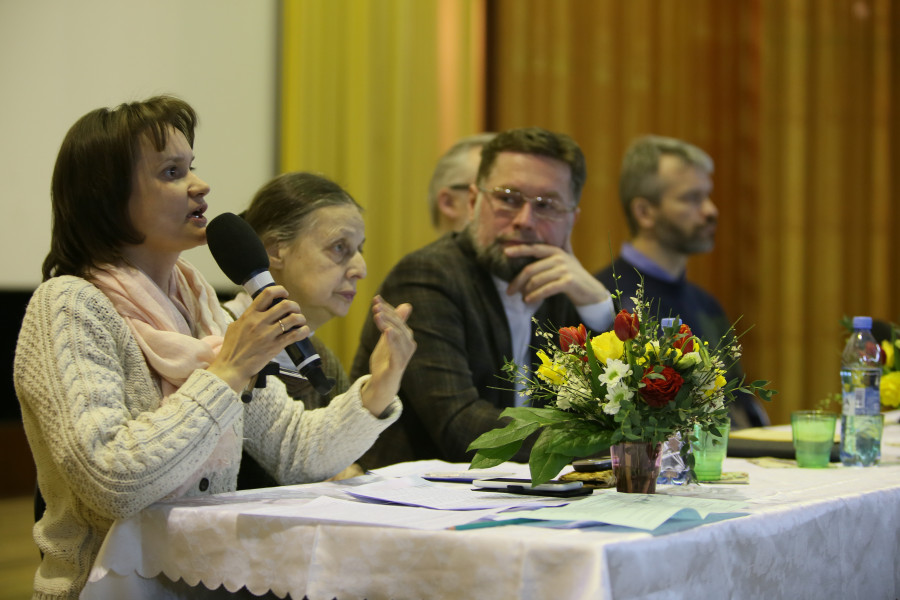
Close relationships are impossible without vulnerability, yet when people progressively gain awareness of each other's weaknesses and difficult personality aspects, it becomes hard to stay vulnerable. An even bigger challenge for a community is that Christian love always nudges one towards greater things and in the direction of overcoming inertia, fears, sins and weaknesses. Moving forward in this direction is impossible without mutual trust, obedience and patience. Dmitry Gasak, Chairman of the Transfiguration Brotherhood, shared how touched he had been once by the words of Archimandrite Sergius (Saveliev) addressed to his community: "My whole life is laid bare before you". Maintaining the unworldly nature of community and its freedom from the sins of this world requires effort, prayer and work.
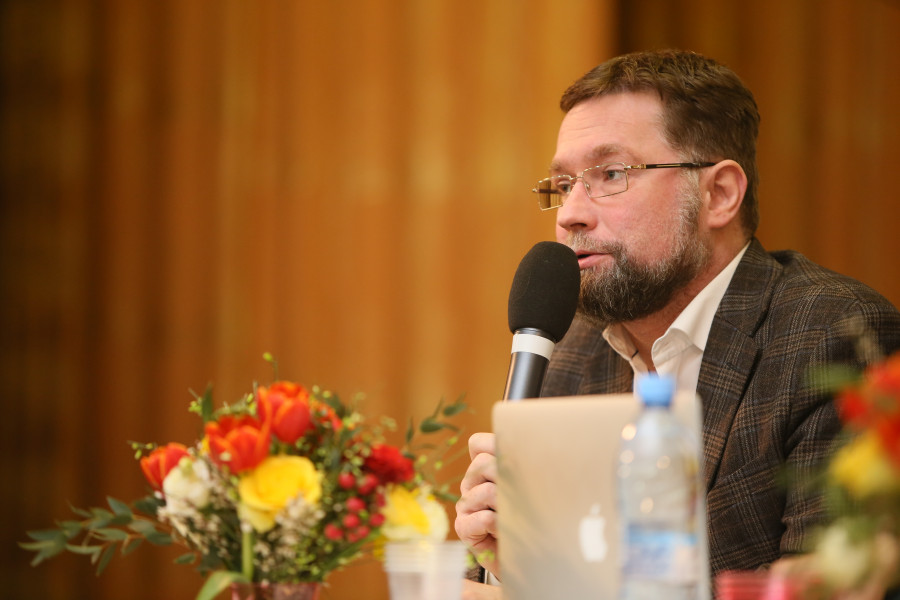
Another problem is the waning of the spirit that is part of what Nikolay Neplyuev called 'the daily the church life', something both 'old' and 'young' communities face. This can be overcome through a constant search for ways of renewing life, through dedication to fellowship and ministry when a community does not live for itself but tries to find opportunities for serving the whole church.
2017, the year marking the centenary of the revolution, opens up an opportunity for making a special effort to remember the country and the church's tragic history for the sake of renewing our lives. This is the reasoning behind the Brotherhood's National Repentance Initiative.

Birds have become its symbol. A flying bird always symbolises coming out of a cage, gaining freedom. At a first glance, there are only three birds there but looking at it from a different perspective will allow one to see a fourth bird, a white bird of hope.
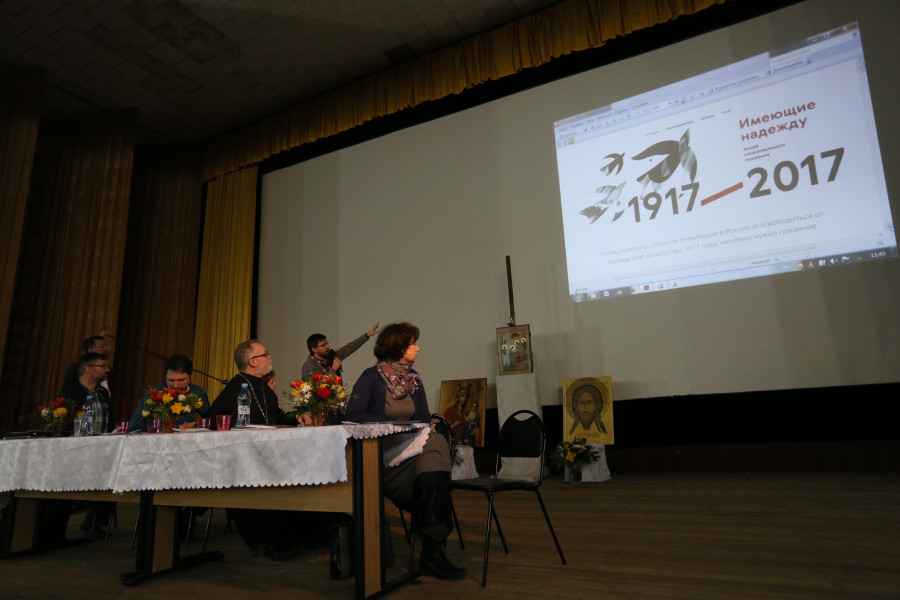
All members of the Brotherhood carry the weight of the Soviet past, either their own or their families', which is precisely why the National Repentance Initiative is about personal repentance of Brotherhood members and those who would like to join them. It also calls for restoring personal and family history. Yulia Balakshina, who was chairing a council meeting, said: "We can repent for the Bolshevik in ourselves". Some of us supported the untruth propagated by the Soviet regime by word and deed or, on the contrary, by saying nothing. However, even those born and raised in the post-Soviet era, have said that a call to repentance is valid for them as they, too, have accepted the spirit of fear, passivity and lack of freedom.
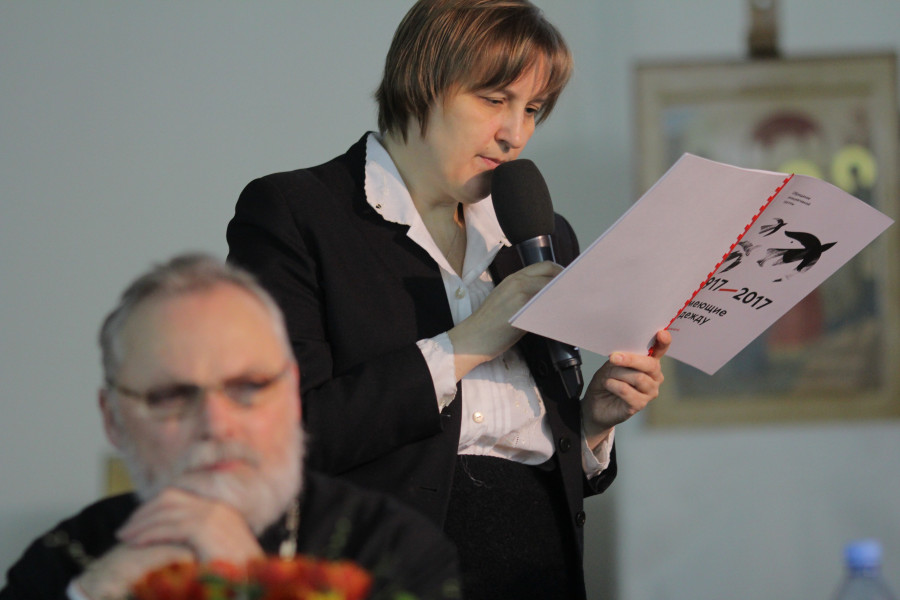
Archpriest Vasile Mihoc, President of the Board of the Orthodox Association “Lord’s Army”, shared the experience of repentance in the Romanian Church. The Holy Synod of the Romanian Orthodox Church proclaimed 2017 as Solemn Year of the Defenders of Orthodoxy during Communism in order to commemorate victims of the Communist regime and martyrs. Father Vasile also told the council about the 1999 initiative featuring a large-scale conference attended by representatives from fourteen Romanian Orthodox, Catholic and protestant Christian churches. National solidarity for healing and overcoming the aftermath of 'the collective fall' were on the conference agenda. He noted that in Romania they also had to deal with the popular attitude of individualising repentance, which was often perceived as a personal matter.
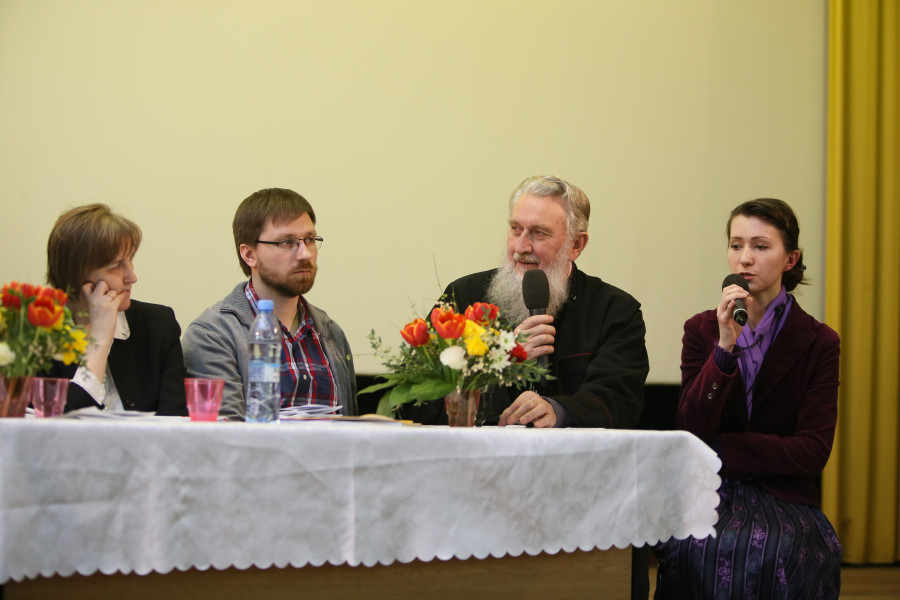
In his address to the convention, Aleksey Naumov, President of the Transfiguration Foundation for Culture and Education and Chairman of the Vvedenskoye Minor Orthodox Brotherhood, emphasised that repentance does not dwell on the past but "accounts for the past in the future". This is often overlooked due to the main emphasis being placed on guilt, which is draining for everyone. Repentance is considered something for the weak; we forget that repentance is a return to the Father, a change of heart and an attempt to lay an appropriate foundation for rebuilding the nation and the country. Dmitry Gasak noted that repentance was not as much an issue of guilt as of sharing a destiny. "Being unable to divorce our lives from the history of our nation contributes to re-establishing succession and tradition. Our repentance goes beyond purely acknowledging certain things, it has a purpose and gives us a hope of correcting our ways," he said.
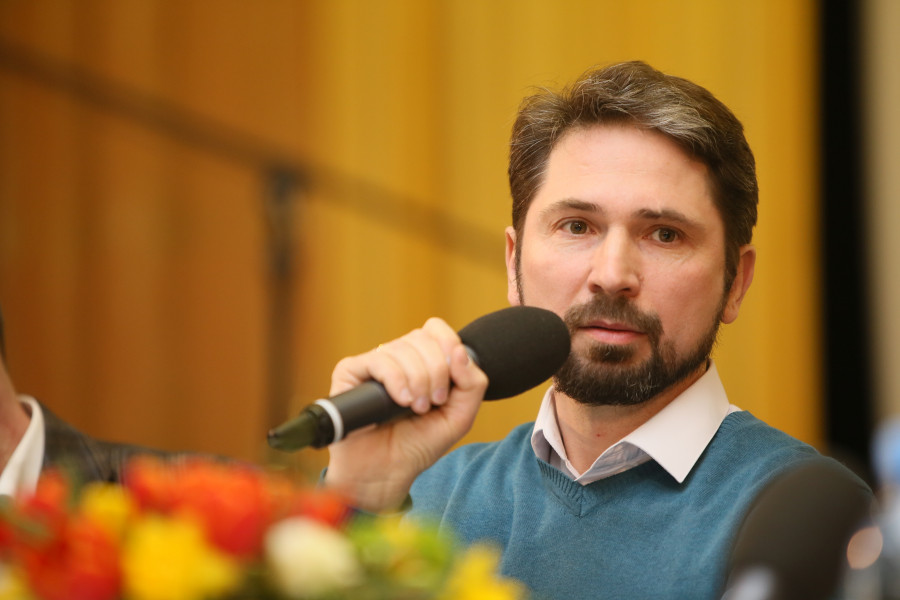
Another outcome of this terrible era is that today even those people who are sensitive to the truth are not prepared to take responsibility for the existing state of things and potential ways of its development. Everyone is paralysed by fear and inability to believe in unity, which is associated exclusively with the experience of "collective farming" ("kolkhoz") and lack of freedom. However, Christian repentance cannot be individualised, it can only be personal and conciliar, i.e. open to all.
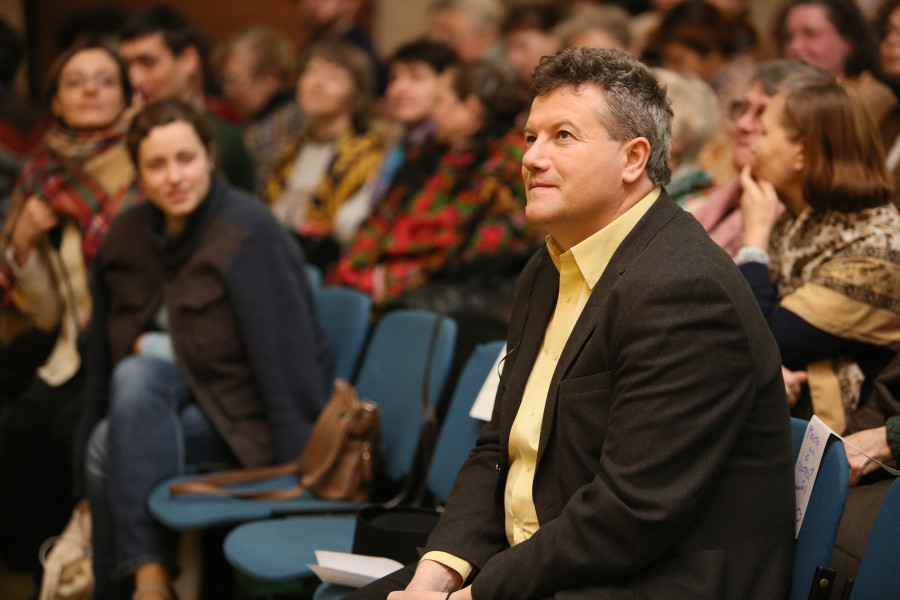
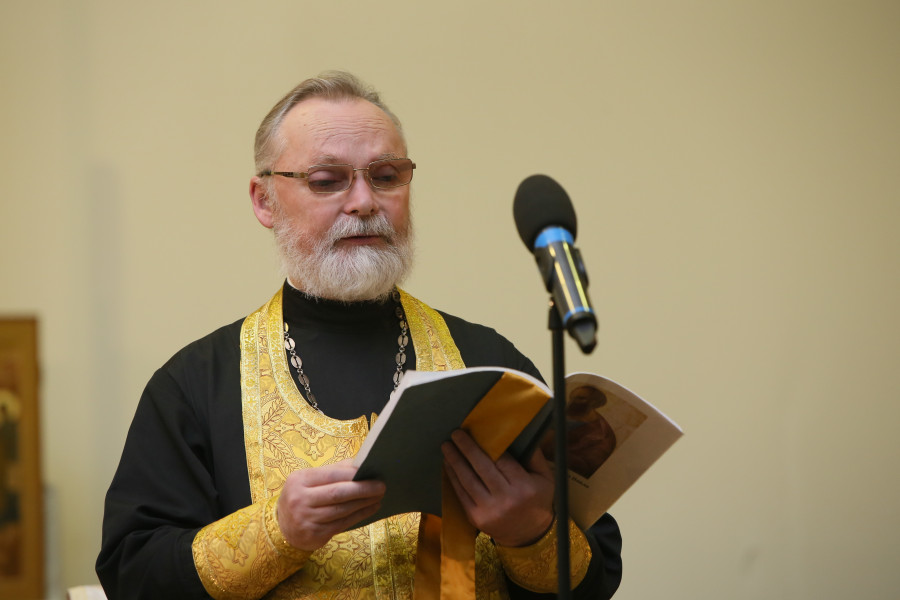
Repenting on behalf of others requires sacrifice and effort. Father Georgy Kochetkov said that in this world the highest gifts of God, which are freedom and love, could paradoxically come into conflict with each other. Man is always free, and it is this gift of freedom that enables faith in man; however, freedom may degenerate into iniquity and turn into slavery of a fatal and demonic kind. It was this degeneration of freedom that brought our nation to the total catastrophe a century ago. Father Georgy pointed out that Apostle Paul in his Epistle to the Corinthians (8:8–9:2) talked about freedom of the faithful, a type of freedom characterising those capable of self-restraint for the sake of their brother, capable of doing anything in an effort to put into action the very best opportunity granted by the Lord, which is the love of Christ.
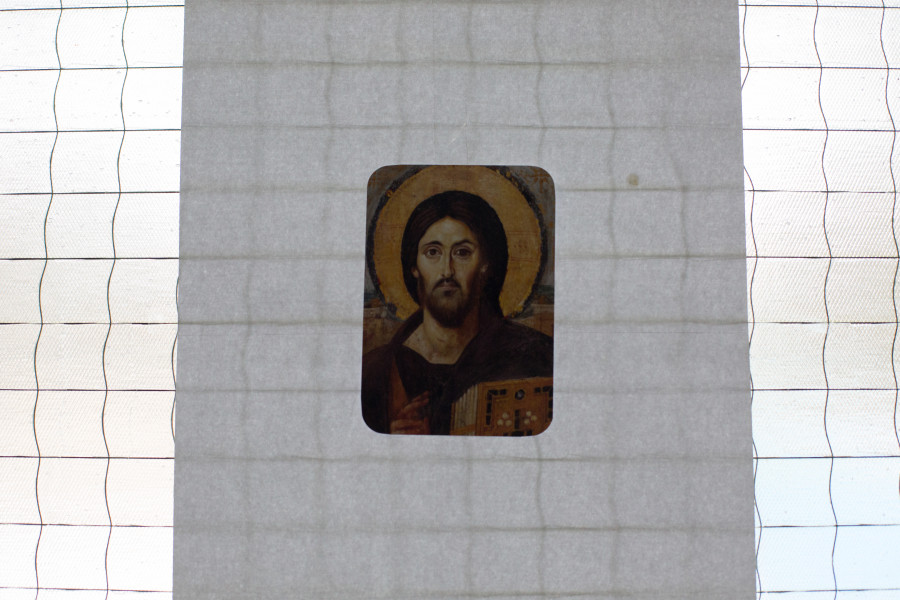
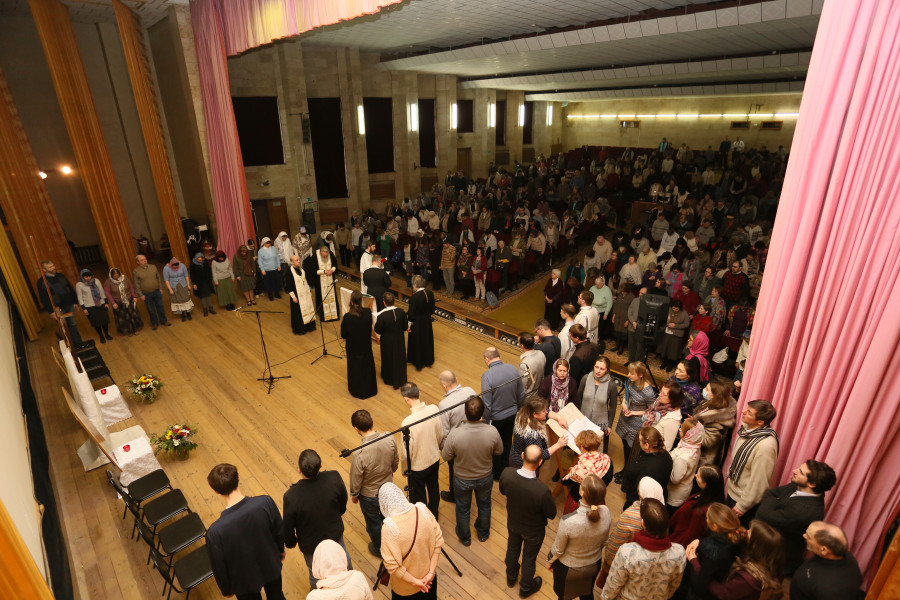
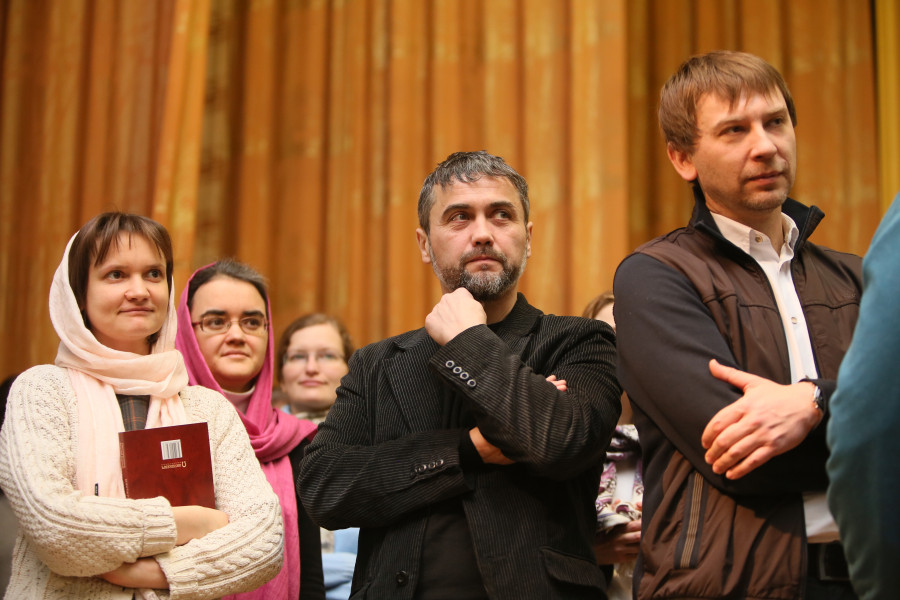
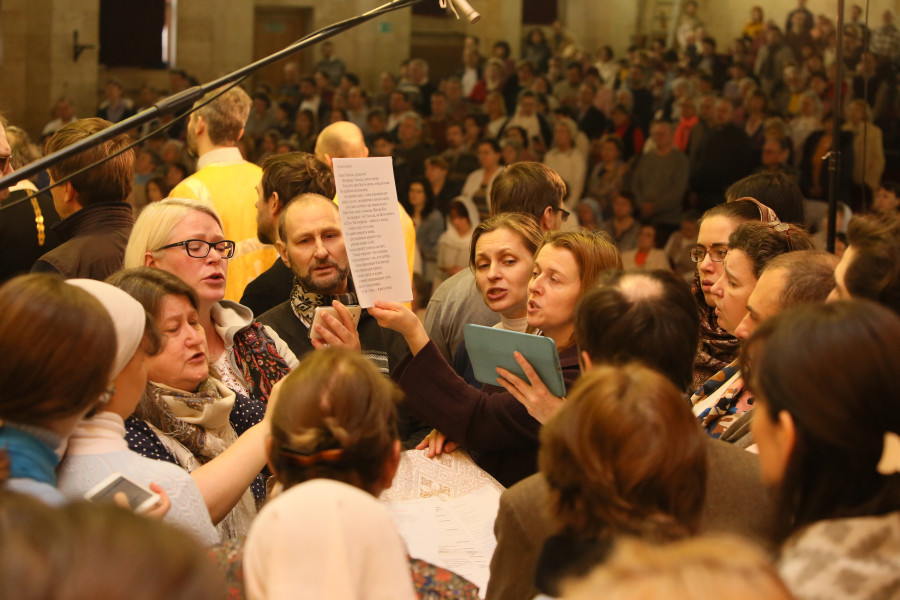
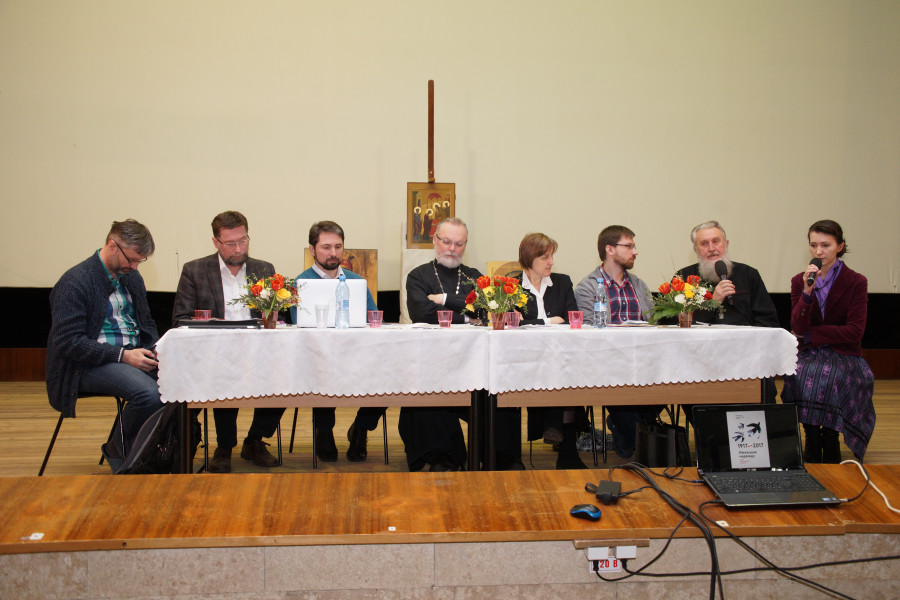
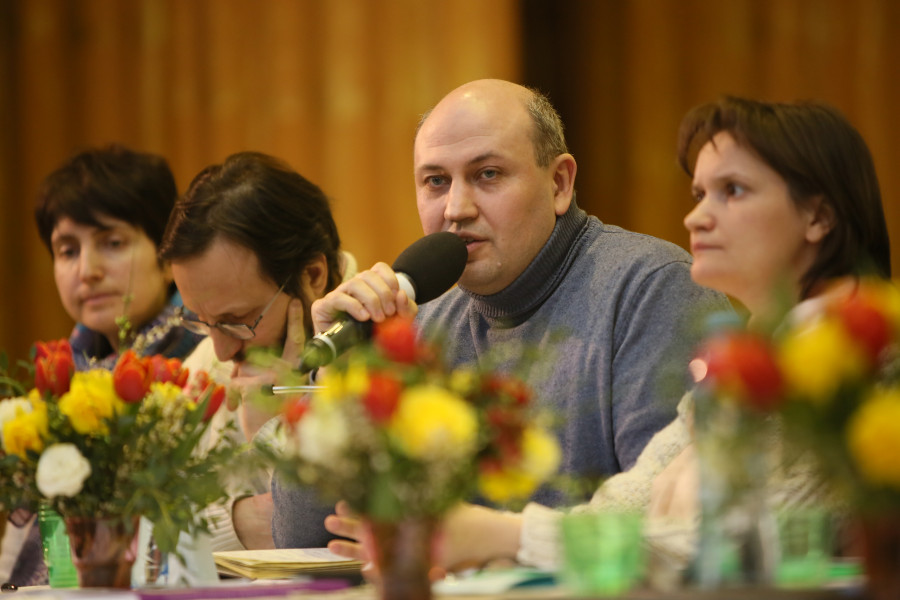
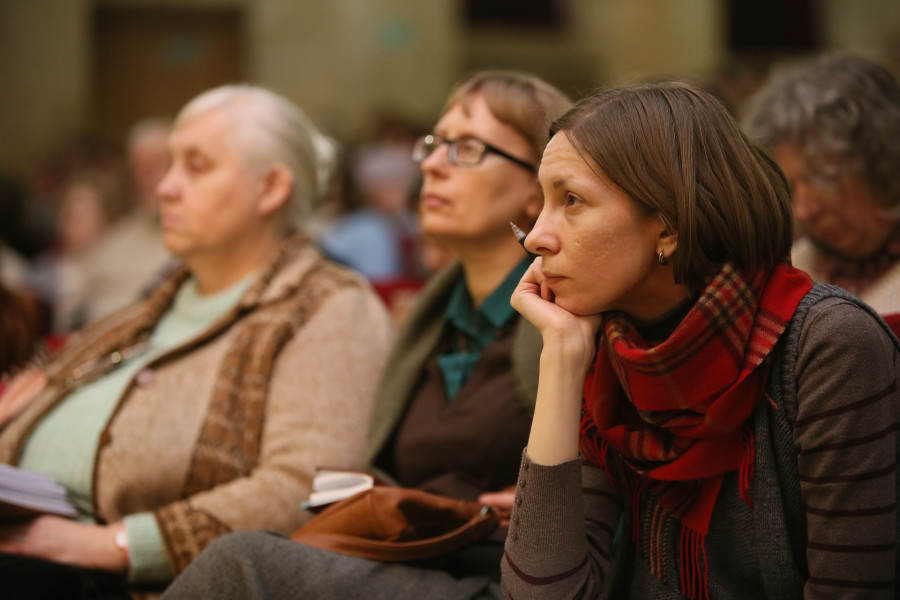
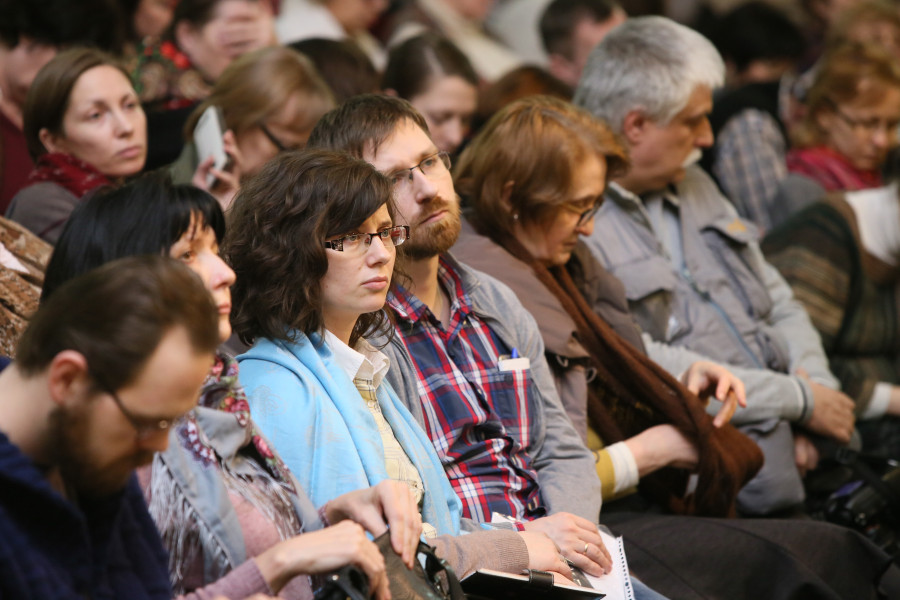
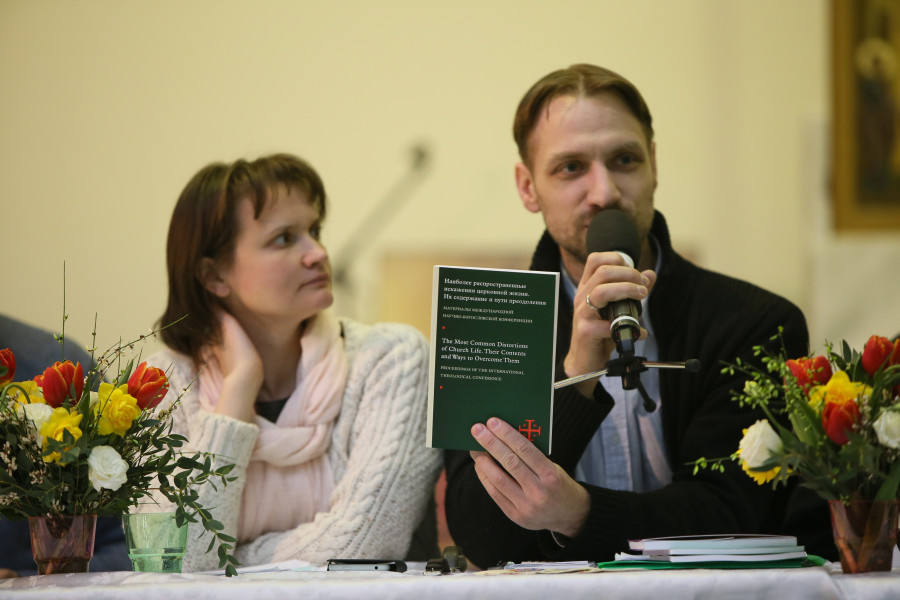
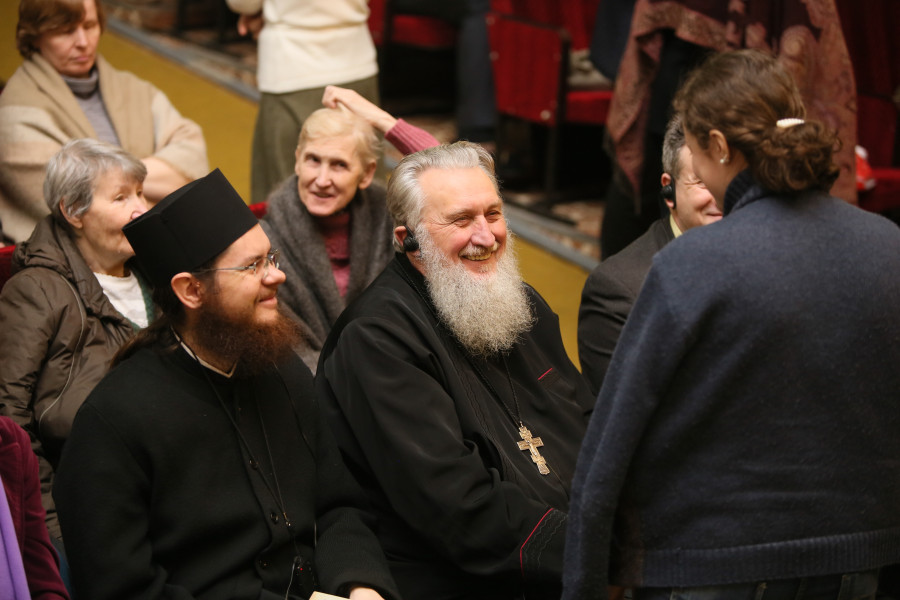
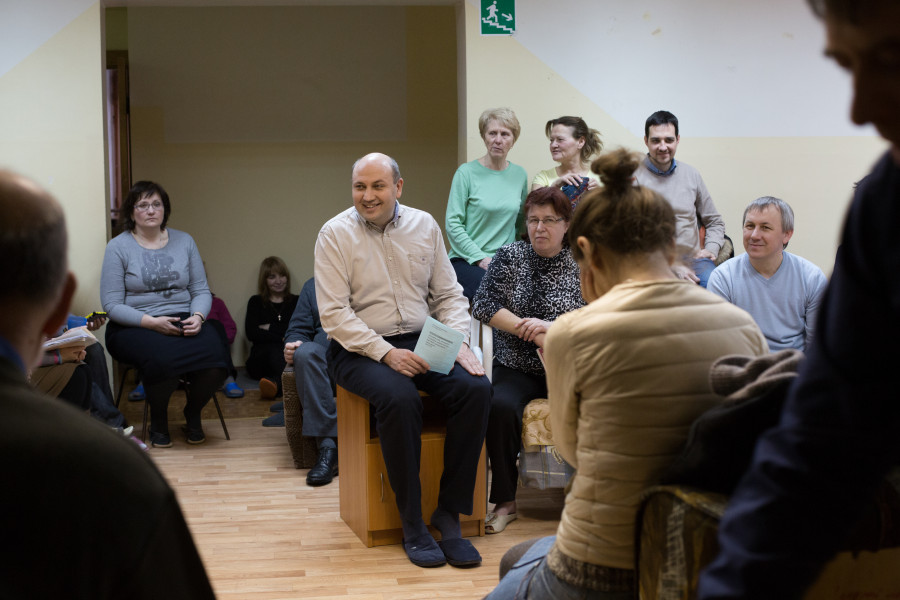
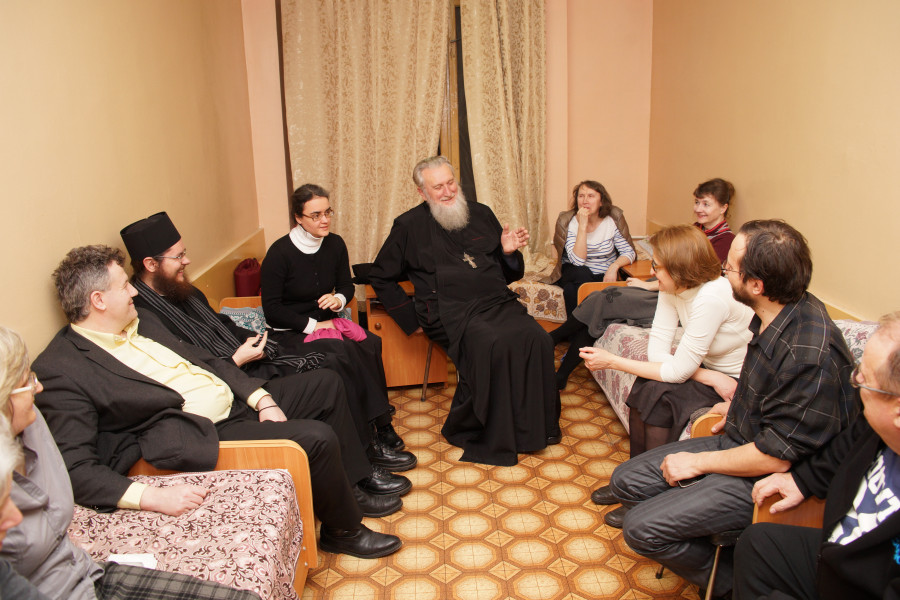
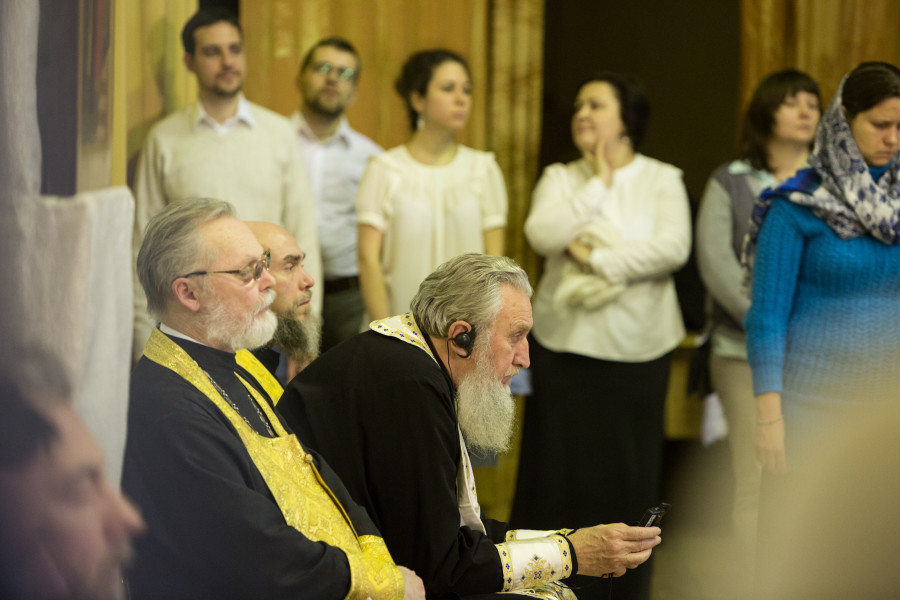
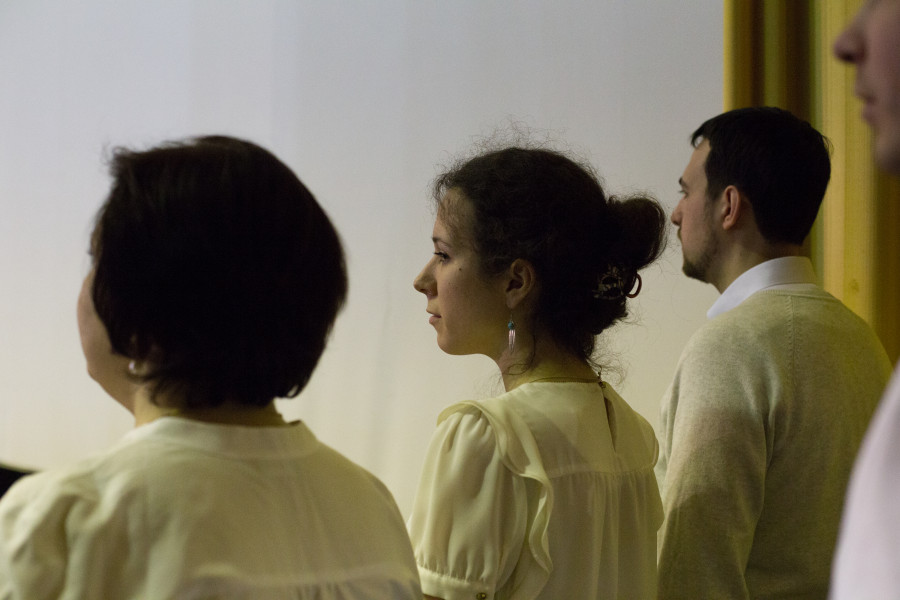
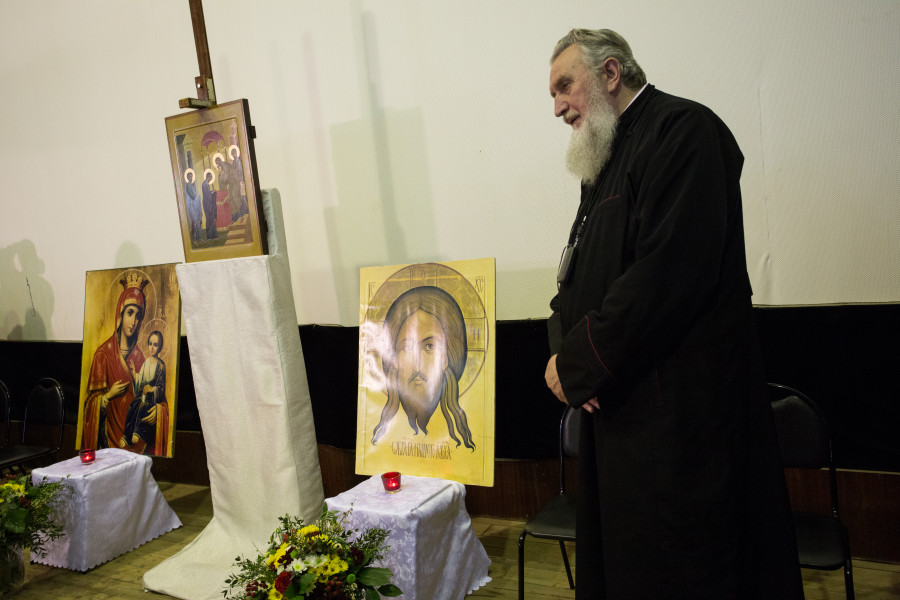
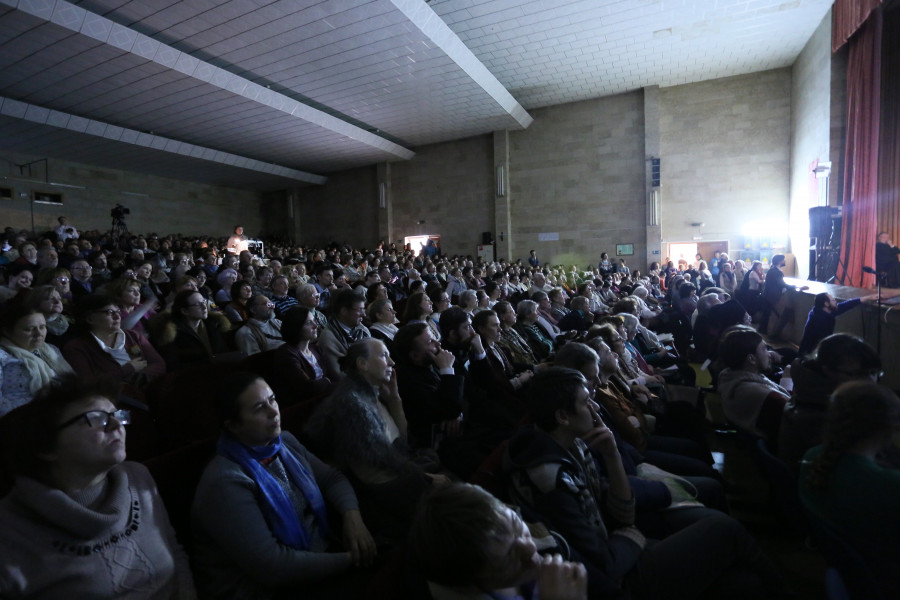
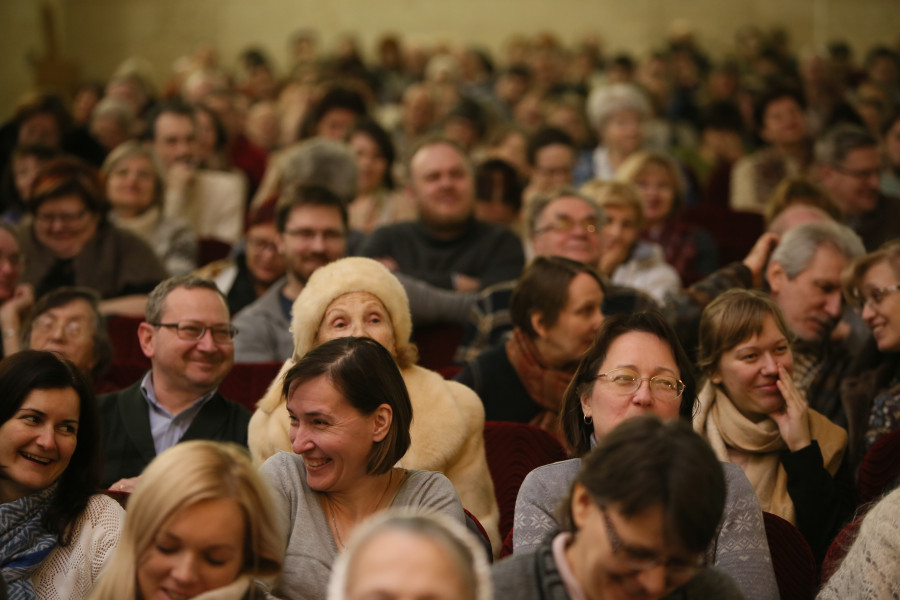
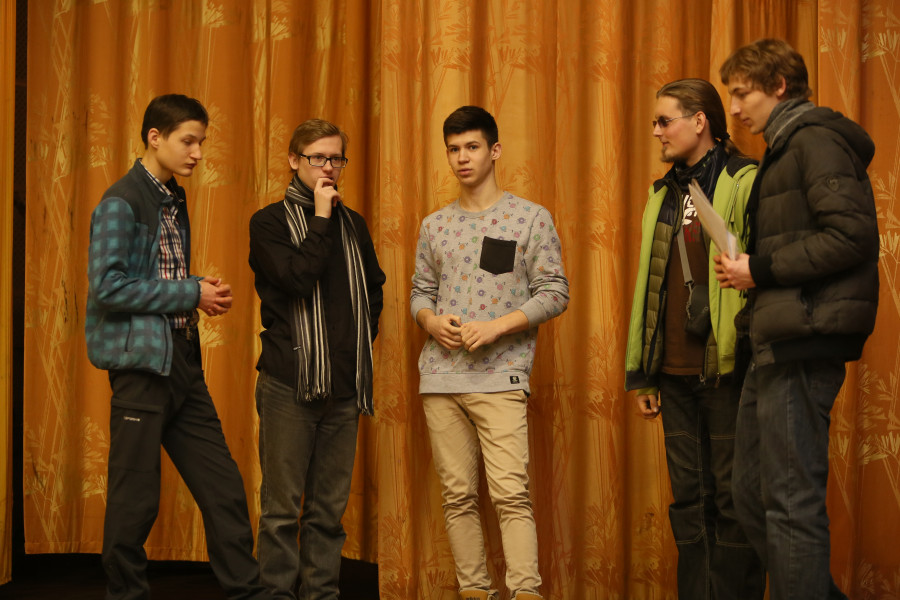
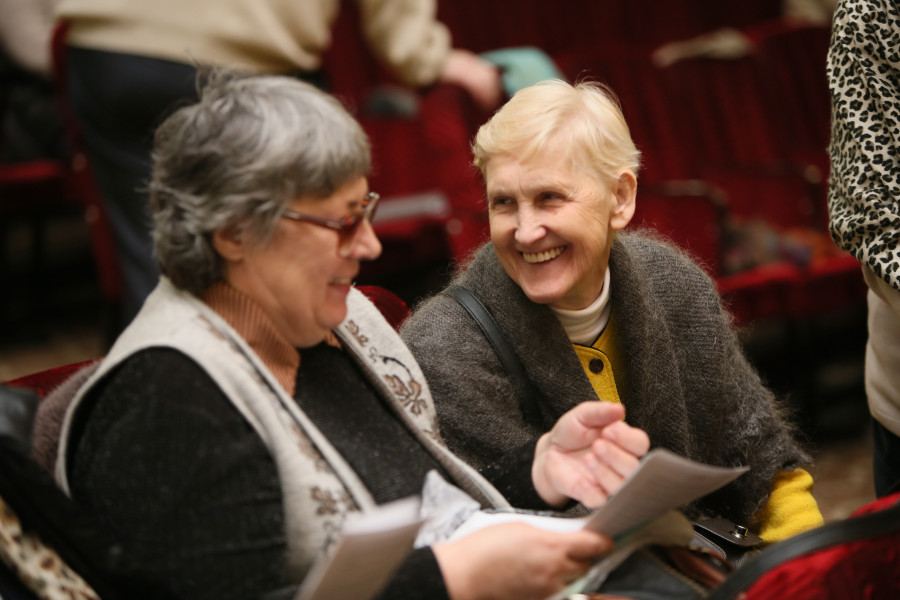
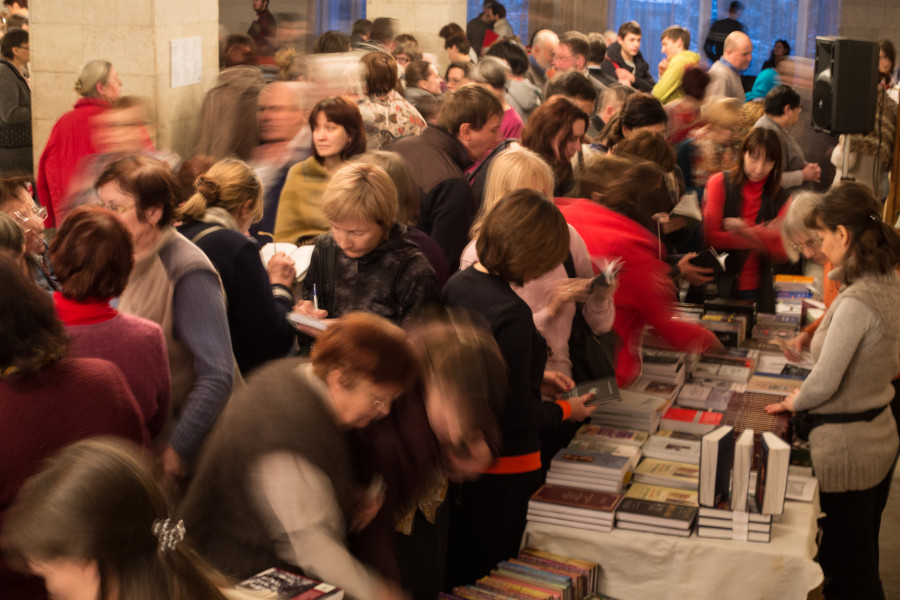
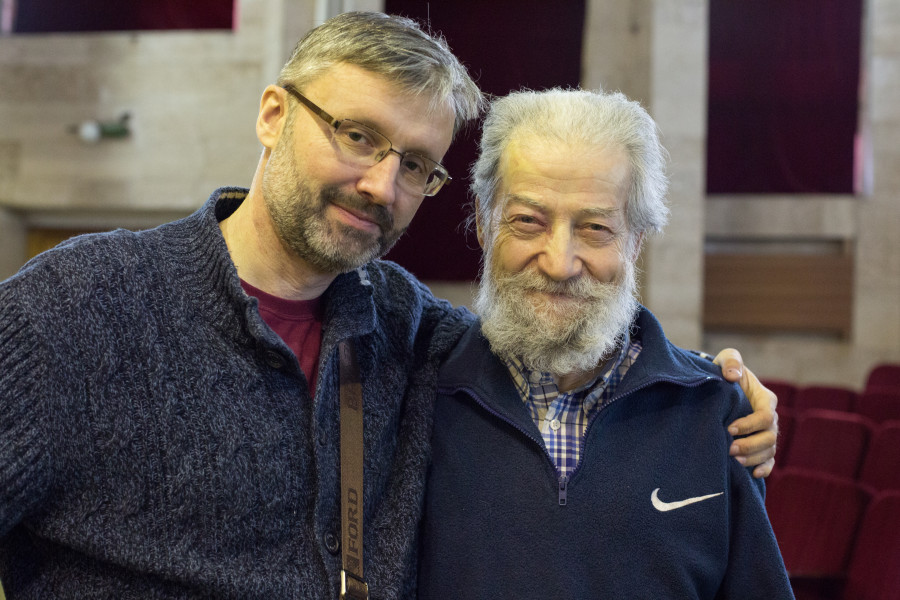
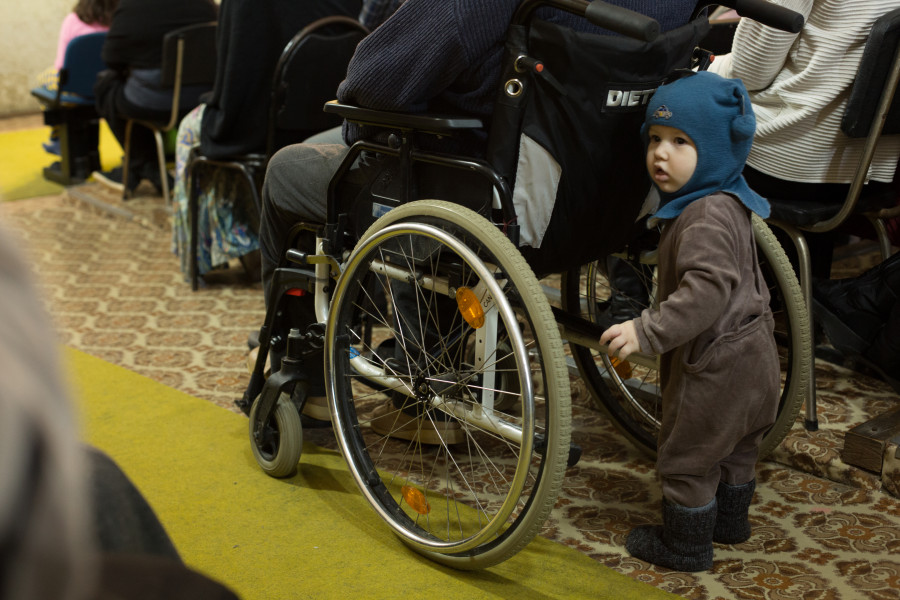
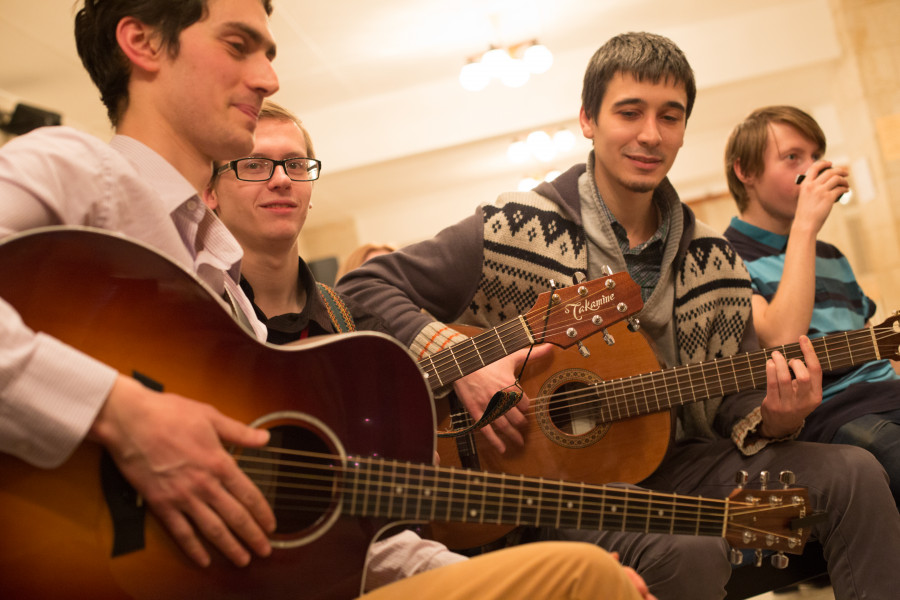
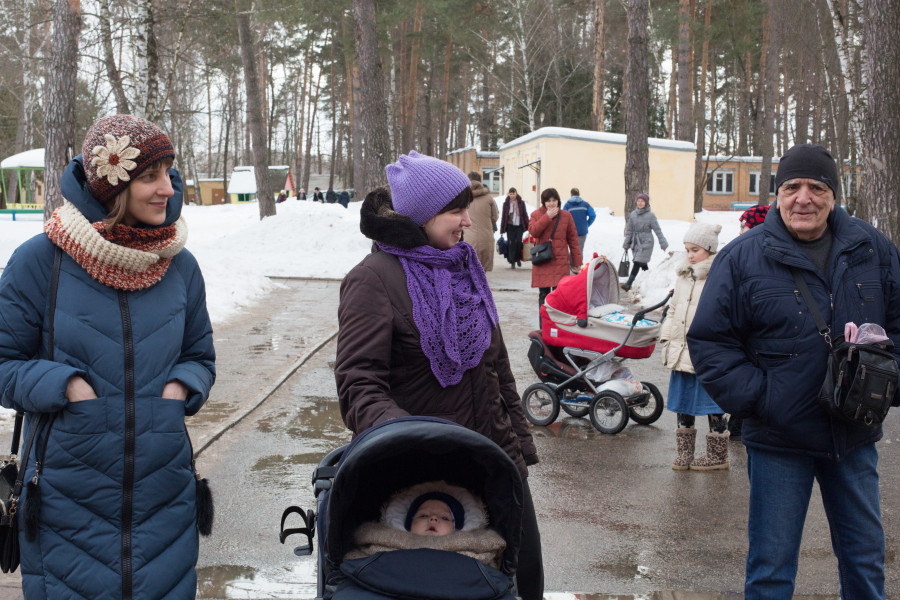
Alexandra Strotseva
Photos: Alexander Volkov, Alyona Kaplina, Oleg Svechnikov, Evgeniya Fominykh
Translated by Ekaterina Zvyagintseva
* The article was published under the pen-name 'Nikolai Gerasimov' in the 128th issue of the Russian Christian Movement Journal 'Vestnik' ('Le Messager') in 1978.
